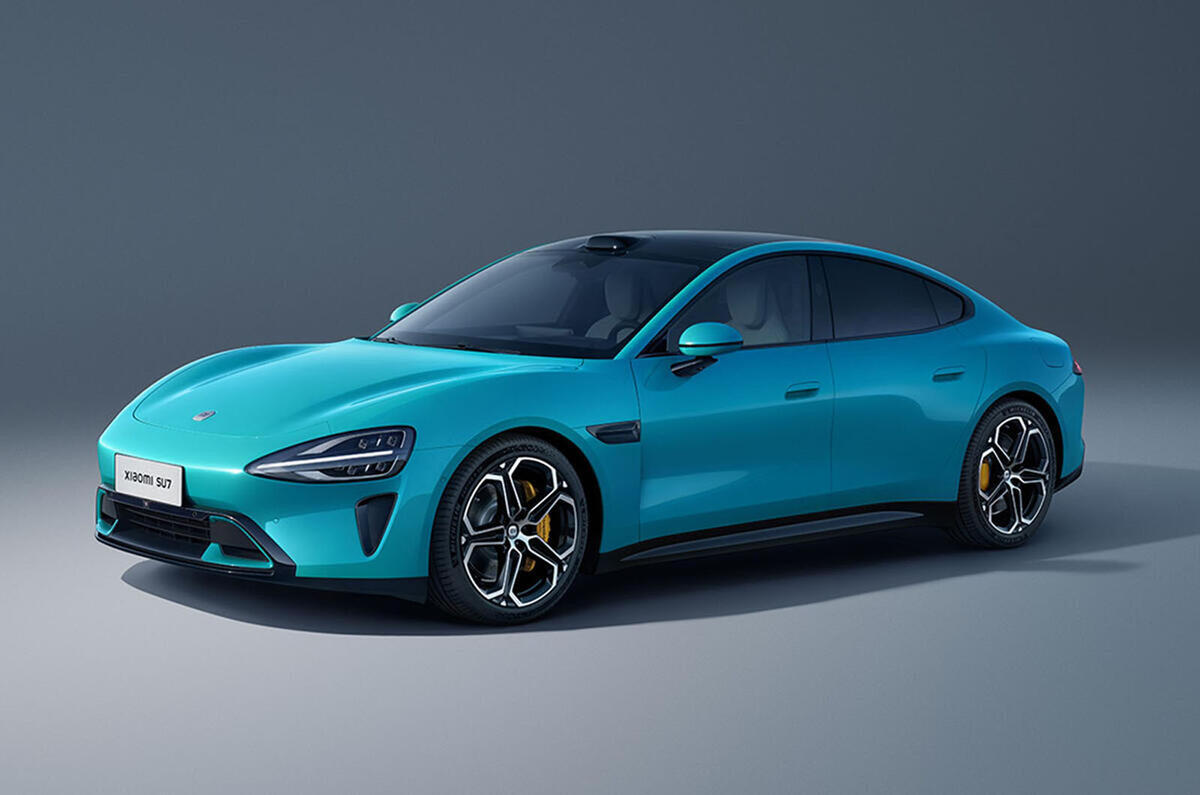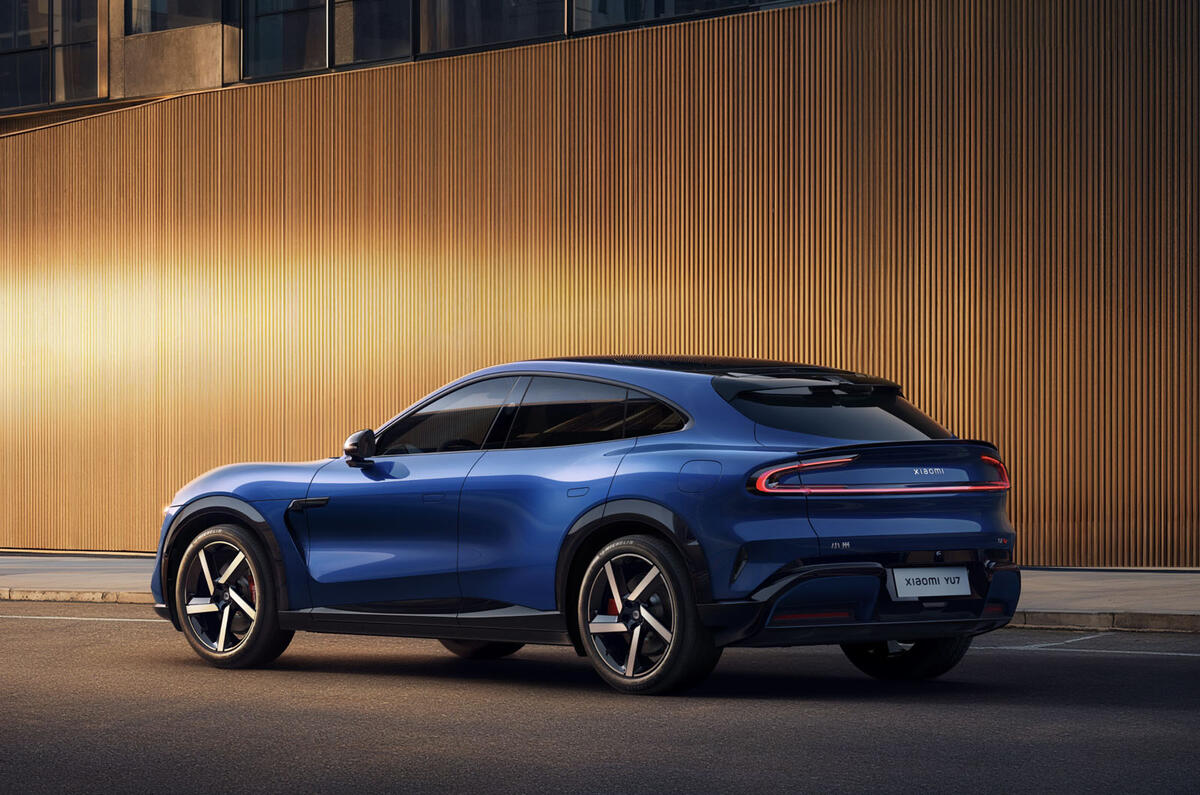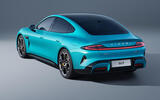Chinese tech giant Xiaomi is planning to start selling its new electric cars in Europe within the next two years.
Historically best known as a manufacturer of consumer electronics (primarily its hugely popular smartphones), Xiaomi launched the SU7 saloon as its first EV in 2023 and announced plans to become one of the world's five biggest car makers.
With its second EV, the YU7 SUV, now also on sale in China, Xiaomi Auto is one of the fastest-growing car brands in its home market, with more than 80,000 cars delivered in the last quarter alone (a near-200% yearly increase), and is laying the groundwork to soon start exporting cars internationally.
In an earnings call this week, company president William Lu told international media that Xiaomi Auto plans to enter the European EV market in 2027, having recently shared a photo of an SU7 on German plates to his Weibo account.
Lu is reported as saying the company is in the research and preparation phase of its European rollout and did not give any specific details on timings or model lines.
Before sending its cars overseas, however, Xiaomi must contend with severe production bottlenecks at its factory in Beijing. Wait times for the SU7 are currently at 41 weeks, according to Chinese outlet CnEVPost, and orders placed now for the YU7 won't be fulfilled for more than a year.
Xiaomi reportedly took around 240,000 orders for its Tesla Model Y rival within 18 hours of its unveiling in June – largely attributed to a low starting price equivalent to just £29,000 – leading to a backlog as the firm ramped up production of its two debut models in very short succession. Responding to criticism of the delays on social media, Xiaomi CEO Lei Jun recommended that disappointed customers consider rival products.
"If you need to buy a car quickly, other China-produced new energy vehicles are pretty good,” he said, highlighting the Xpeng G7, Li Auto i8 and even the Tesla Model Y - which he called "a great car".
Amid high demand for its first two cars, Xiaomi's EV business generated revenues of just over £2 billion in the last financial quarter and is expected to achieve monthly or quarterly profitability later this year, Lu said in the earnings call. However, he added that the company is still ultimately operating at a loss following investments of more than £3 billion in the company's launch and scale-up.
Xiaomi's EVs are likely to be pitched more overtly at the premium end of the market in Europe, given their performance focus and high levels of technology.
The SU7 saloon – benchmarked against the Porsche Taycan and Tesla Model S – comes with up to 664bhp in standard form and has a claimed maximum range of nearly 500 miles. The YU7 touts a similarly lofty output in top-rung guise and is said to be capable of 519 miles per charge - though that is according to China's generous CLTC cycle.
Both cars are available with a choice of rear- or twin-motor powertrains and different battery sizes, though Xiaomi is likely to offer a streamlined international line-up, at least initially.
It is possible that the company could launch the warp-speed SU7 Ultra super-saloon as a European halo model, having already built some hype around the 1527bhp super-saloon by breaking the EV lap record at the Nürburgring twice with it.















Join the debate
Add your comment
Considering EV's are basically smart phones on wheels, and just as disposable, this is no surprise. A pointless statistic as EV makers (especially Chinese ones) keep adding horsepower to EV's by making motors larger because it's 'easy to do' and they're all chasing a differentiator from the pack. Something like this car is pointless and will probably kill you anyway.
Porsche design DNA somewhere!
Good or bad for the Western car brands?